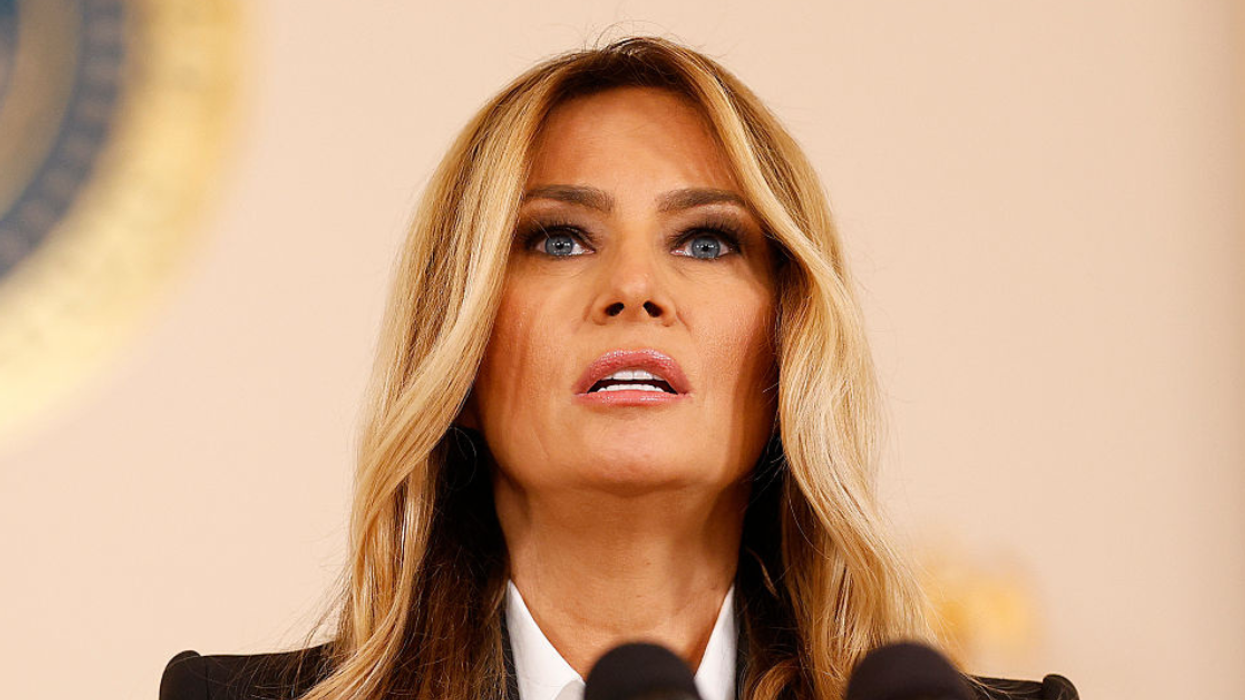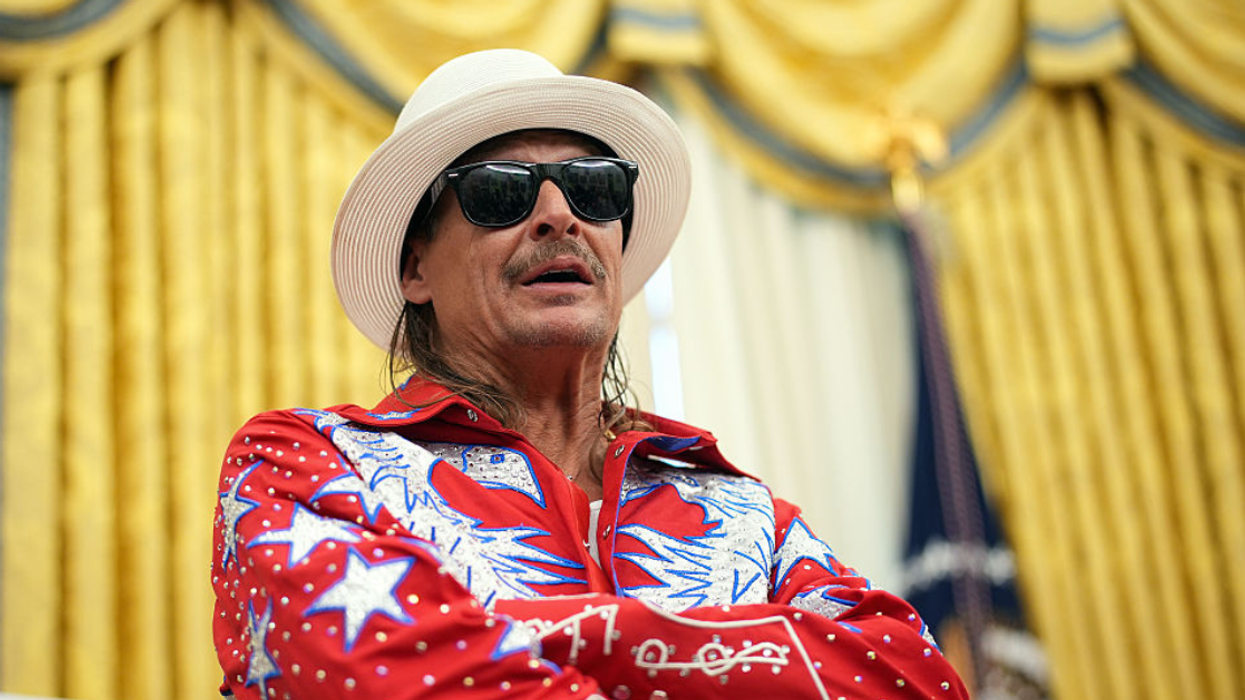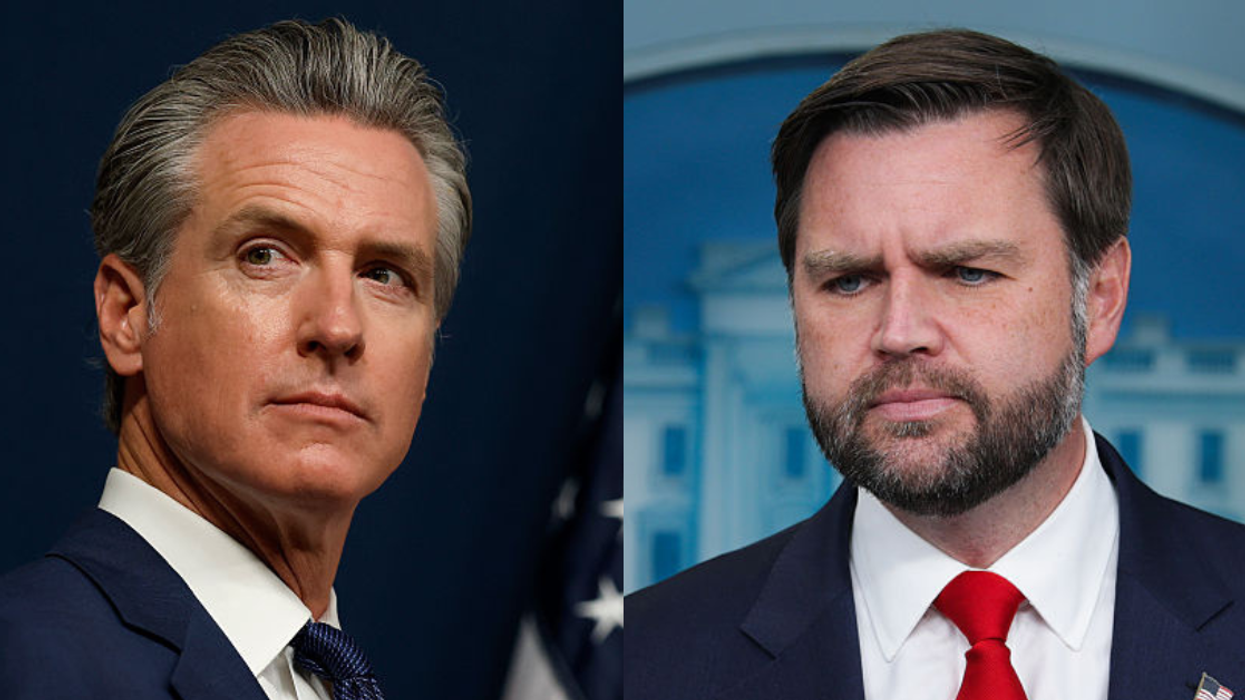Though on the surface it may sound like International Men’s Day is a day in which men receive a collective ego boost, the root and purpose of the holiday is actually a lot deeper than that. The focus is certainly on men around the world, specifically promoting positive male role models and quelling negative gender stereotypes, but the underlying cause is an attempt to mend the rift in gender relations and rectify faults in gender equality.
Appreciating the importance of International Men’s Day may require an understanding of the root of the holiday along with the many issues that affect men and young adults across the world.
The First International Men’s Day
International Men’s Day was conceptualized by Thomas Oaster, director of the Missouri Center for Men’s Studies at the University of Missouri-Kansas City. Held initially on Feb. 8, 1991, the holiday was eventually moved to Nov. 19 in 1999 by Dr. Jerome Teelucksingh after several years of inactivity.
Teelucksingh, who worked at the University of the West Indies at the Families in Action headquarters in Newtown, Port of Spain, revitalized interest in International Men’s Day after realizing “there was no day for men” and recognizing a need to put positive male role models in the spotlight.
International Men’s Day Receives Feminist Support
Though there are rather vocal feminists that will outwardly decry International Men’s Day, it’s not a blanket dismissal supported by all female figures. The University of Surrey’s Feminist Society hosted an event in 2016 asking “What is feminism’s role in tackling men’s issues?” The presentation focused on sexual violence against men, depression and suicide and the steps that could be taken to address the issues.
Additionally, University of York student Ruth Morris combated 200 feminists that lobbied for the holiday to be cancelled with a petition of over 4,000 signatures that agreed that “true feminists should be fighting for gender equality for both men and women.”
Statistics Working Against Men
International Men’s Day aims to bring to the spotlight the many issues that men deal with as a means of bridging the gender gap. According to the International Men’s Day website, the average life expectancy of men at birth is 69 years compared to 74 years for females.
Worldwide, men also account for 95% of work place fatalities and 99% of combat deaths. The International Men's Day site also states that men are three times more likely to commit suicide than women and boys are more likely to suffer in school.
Please SHARE this with your friends and family.








 u/TheShoobster420/Reddit
u/TheShoobster420/Reddit u/hamncheesecroissantt/Reddit
u/hamncheesecroissantt/Reddit u/richyoung1994/Reddit
u/richyoung1994/Reddit u/Pasco08/Reddit
u/Pasco08/Reddit u/Boring_Emergency7973/Reddit
u/Boring_Emergency7973/Reddit u/glttrgrlryn/Reddit
u/glttrgrlryn/Reddit u/AdEnvironmental8822/Reddit
u/AdEnvironmental8822/Reddit u/HelloKittyGothGF3/Reddit
u/HelloKittyGothGF3/Reddit u/JustAGuyWhoLoves2Fly/Reddit
u/JustAGuyWhoLoves2Fly/Reddit u/robotcoup/Reddit
u/robotcoup/Reddit u/Life_Lavishness4773/Reddit
u/Life_Lavishness4773/Reddit u/BackgroundPirate3655/Reddit
u/BackgroundPirate3655/Reddit u/Special_Push7751/Reddit
u/Special_Push7751/Reddit







 @courtneyraspor/Instagram
@courtneyraspor/Instagram @courtneyraspor/Instagram
@courtneyraspor/Instagram @courtneyraspor/Instagram
@courtneyraspor/Instagram @courtneyraspor/Instagram
@courtneyraspor/Instagram @courtneyraspor/TikTok
@courtneyraspor/TikTok @courtneyraspor/TikTok
@courtneyraspor/TikTok @courtneyraspor/TikTok
@courtneyraspor/TikTok @courtneyraspor/TikTok
@courtneyraspor/TikTok @courtneyraspor/TikTok
@courtneyraspor/TikTok @courtneyraspor/TikTok
@courtneyraspor/TikTok @courtneyraspor/Instagram
@courtneyraspor/Instagram @courtneyraspor/Instagram
@courtneyraspor/Instagram @courtneyraspor/Instagram
@courtneyraspor/Instagram @courtneyraspor/Instagram
@courtneyraspor/Instagram @courtneyraspor/Instagram
@courtneyraspor/Instagram @courtneyraspor/Instagram
@courtneyraspor/Instagram @courtneyraspor/Instagram
@courtneyraspor/Instagram @courtneyraspor/Instagram
@courtneyraspor/Instagram @courtneyraspor/Instagram
@courtneyraspor/Instagram